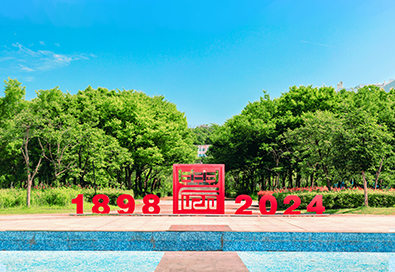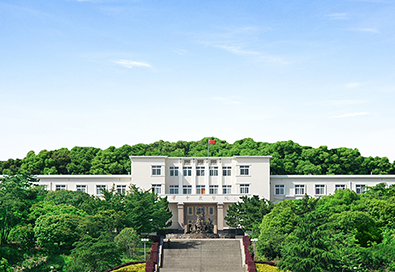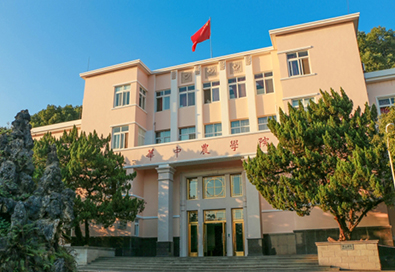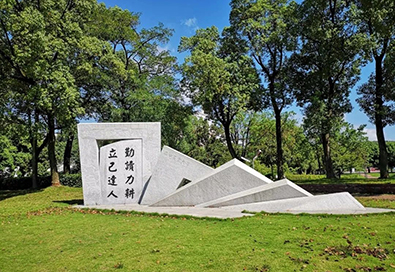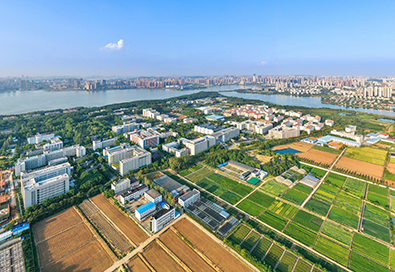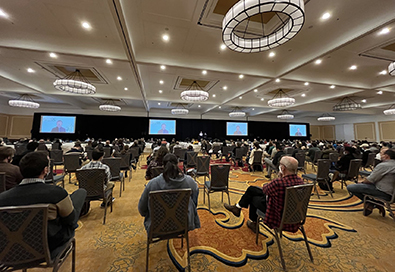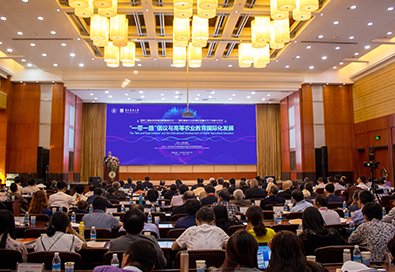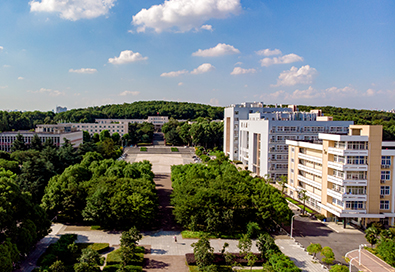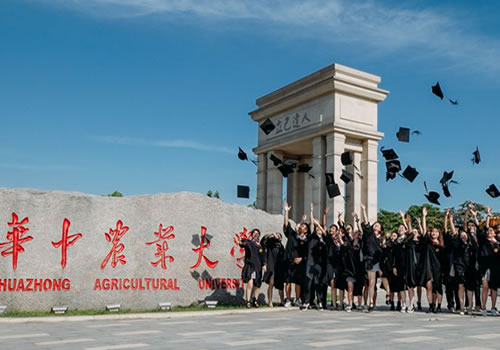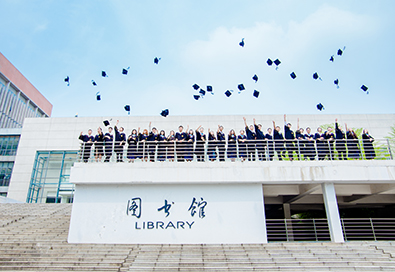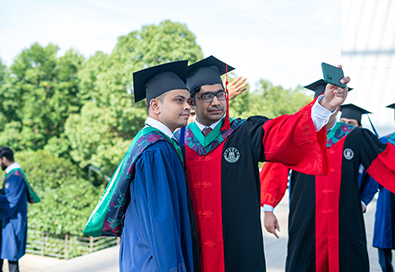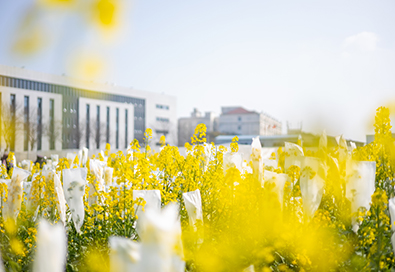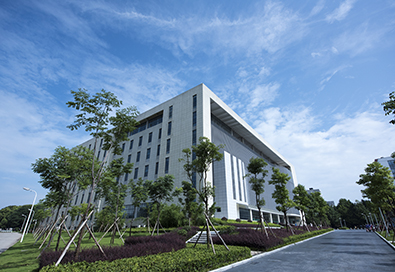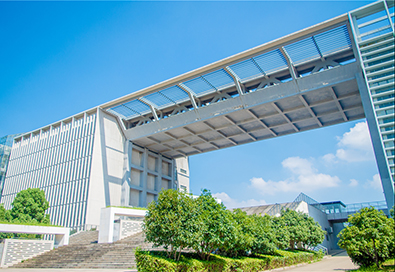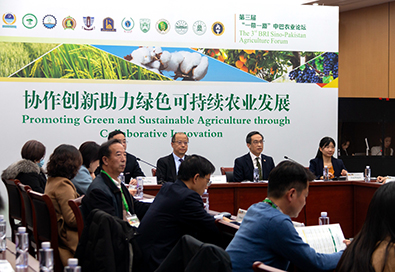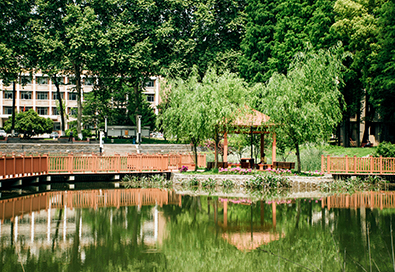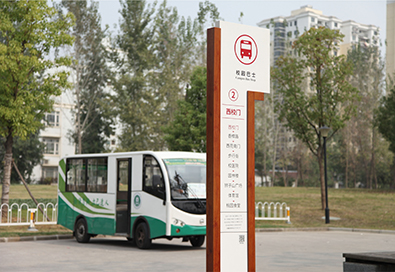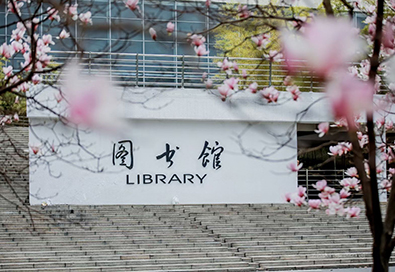The university's graduate education dates back to 1953, making it one of the first institutions nationwide authorized to confer doctoral and master's degrees. The university is authorized to grant doctoral degrees in disciplines such as science, engineering, agriculture, and management, with 16 first-level discipline doctoral degree-granting programs and two professional doctoral degree-granting programs (Doctor of Veterinary Medicine and Doctor of Biology and Medicine). In disciplines including economics, law, literature, science, engineering, agriculture, and management, the university is authorized to grant master's degrees, with 28 first-level discipline master's degree-granting programs. It holds qualifications to confer master's degrees in 16 specialized fields, including agriculture, veterinary medicine, landscape architecture, business administration, social work, public administration, forestry, applied statistics, translation, mechanical engineering, resources and environment, biology and medicine, law, journalism and communication, electronic information, and accounting.
The current policy on graduate student tuition fees and scholarships is as follows:
(1) Tuition Fees: All new graduate students admitted to the national graduate enrollment plan are required to pay tuition fees. The specific rates are implemented in accordance with the standards verified by the Price Bureau for the current year.
(2) National Scholarships: This is awarded to exceptionally outstanding full-time graduate students. The annual award for master degree candidates is 20,000 RMB per student, and 30,000 RMB per student for doctoral candidates.
(3) National Grants: This is provided to all full-time graduate students included in the national graduate enrollment plan (excluding those with fixed income). It is intended to subsidize the basic living expenses of graduate students. Within the basic period of study, the standard for national grants is 500 RMB per student per month for master degree candidates and 1,250 RMB per student per month for doctoral students, distributed monthly over 12 months.
(4) Graduate Study Scholarships: This is designed to reward well-performing full-time non-directional employment graduate students (those without fixed income and whose personnel files are completely transferred to our university) for better completion of their academic studies. For master degree candidates, academic scholarships are divided into three levels (A, B, C) with award standards of 10,000 RMB, 8,000 RMB, and 4,000 RMB per student per academic year, respectively. The academic scholarship for doctoral students is 14,000 RMB per student per academic year.
(5) Special Awards for Outstanding Graduate Students: This is intended to reward outstanding graduate student individuals and groups who demonstrate exceptional performance in scientific research and innovation, social services, community practices, employment and entrepreneurship, cultural and sports activities, and innovation and entrepreneurship competitions. The awards primarily consist of honors.
(6) "Assists and Support" Program: The university comprehensively utilizes research funds, tuition revenue, social donations, and other funds to establish positions for graduate students in the "Assists and Support" program, including research assistants, teaching assistants, administrative assistants, and student counselors. Based on the personnel needs proposed by each college and relevant teaching and administrative departments, a certain number of positions for teaching assistants, administrative assistants, and student counselors are established, with corresponding allowances provided. Research advisors grant research assistant allowances to the full-time graduate students they admit. The minimum standards for research assistant allowances are 600 RMB per student per month for doctoral students in natural sciences, 200 RMB per student per month for master's students in natural sciences, 500 RMB per student per month for doctoral students in humanities and social sciences, and 150 RMB per student per month for master's students in humanities and social sciences, distributed monthly over 12 months.
(7) Hardship Allowance: Economically disadvantaged students can apply for national student aid loans. The university has established various forms of work-study positions and special hardship allowances to assist financially struggling students, enabling them to focus on their studies and graduate successfully.

